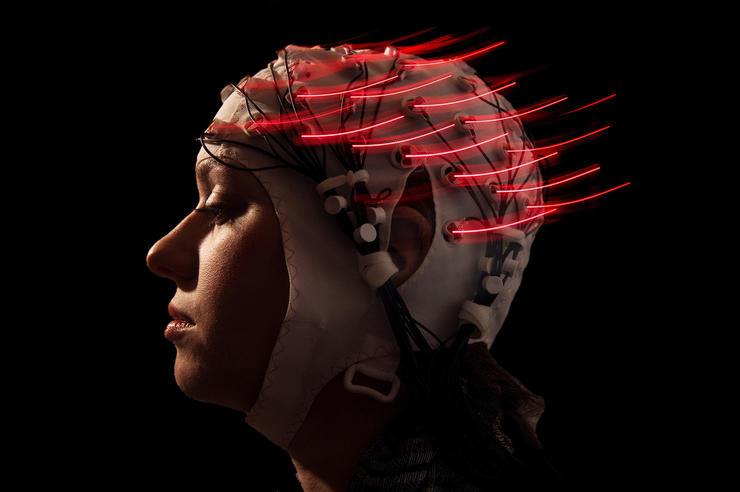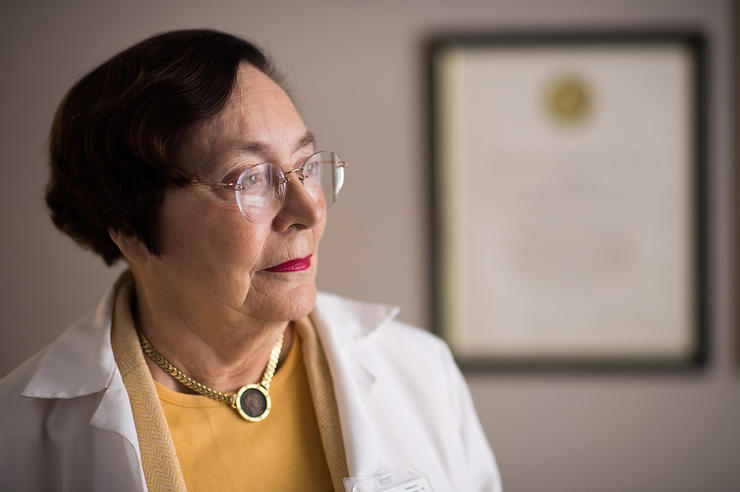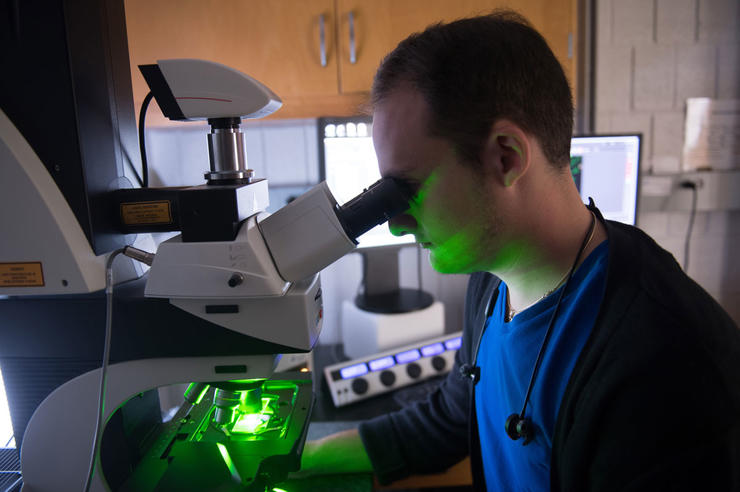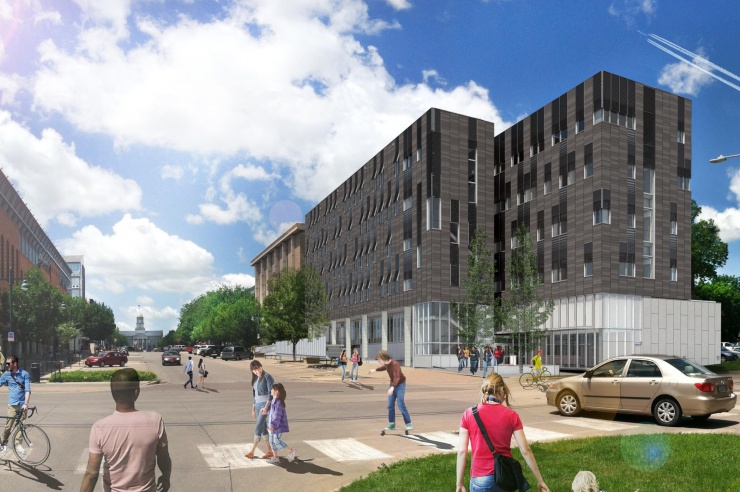Nearly 100 years of studying the brain
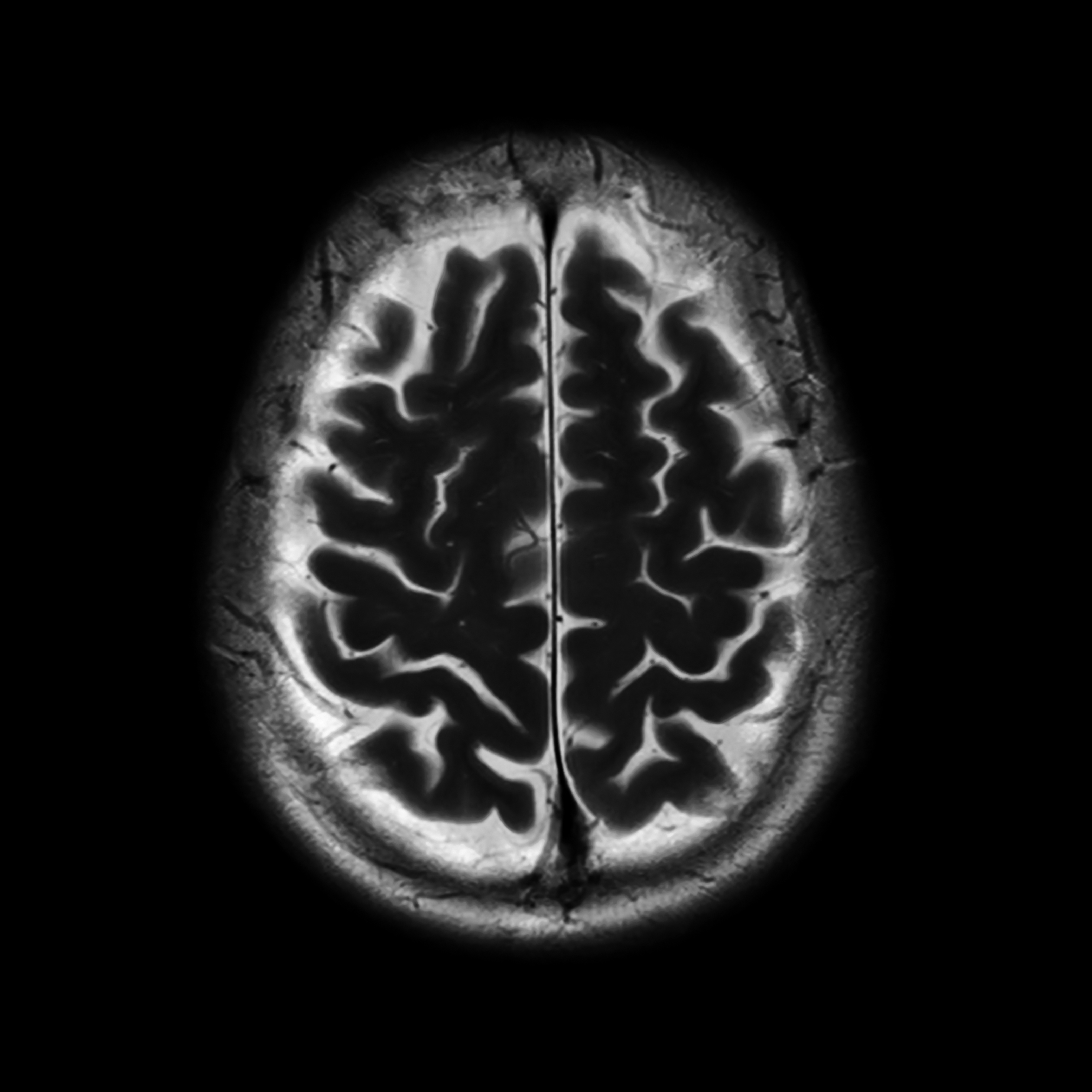
The Department of Psychological and Brain Sciences in the UI College of Liberal Arts and Sciences is one of the oldest and most distinguished psychology departments in the country, and psychology has long been one of the UI’s most popular undergraduate majors. Its award-winning faculty members, who include many behavioral and cognitive neuroscientists, generate about $7.7 million in annual external grant funding and help to generate more than 22,000 student credit hours per year.
Neurology faculty members have played key roles in the development of the National Institutes of Health Stroke Scale, completion of the first NIH-funded clinical trial in the field of stroke research, development of novel psychological techniques to assess neurologically compromised patients, and many other advances in clinical neurology.
The UI also is home to the Human Brain Research Laboratory, one of 41 Huntington’s Disease Society of America Centers of Excellence, the Iowa Neuroimaging Consortium, the Auditory Neuroscience Group, and many other researchers and physicians working to understand the mysteries of the brain and nervous system.
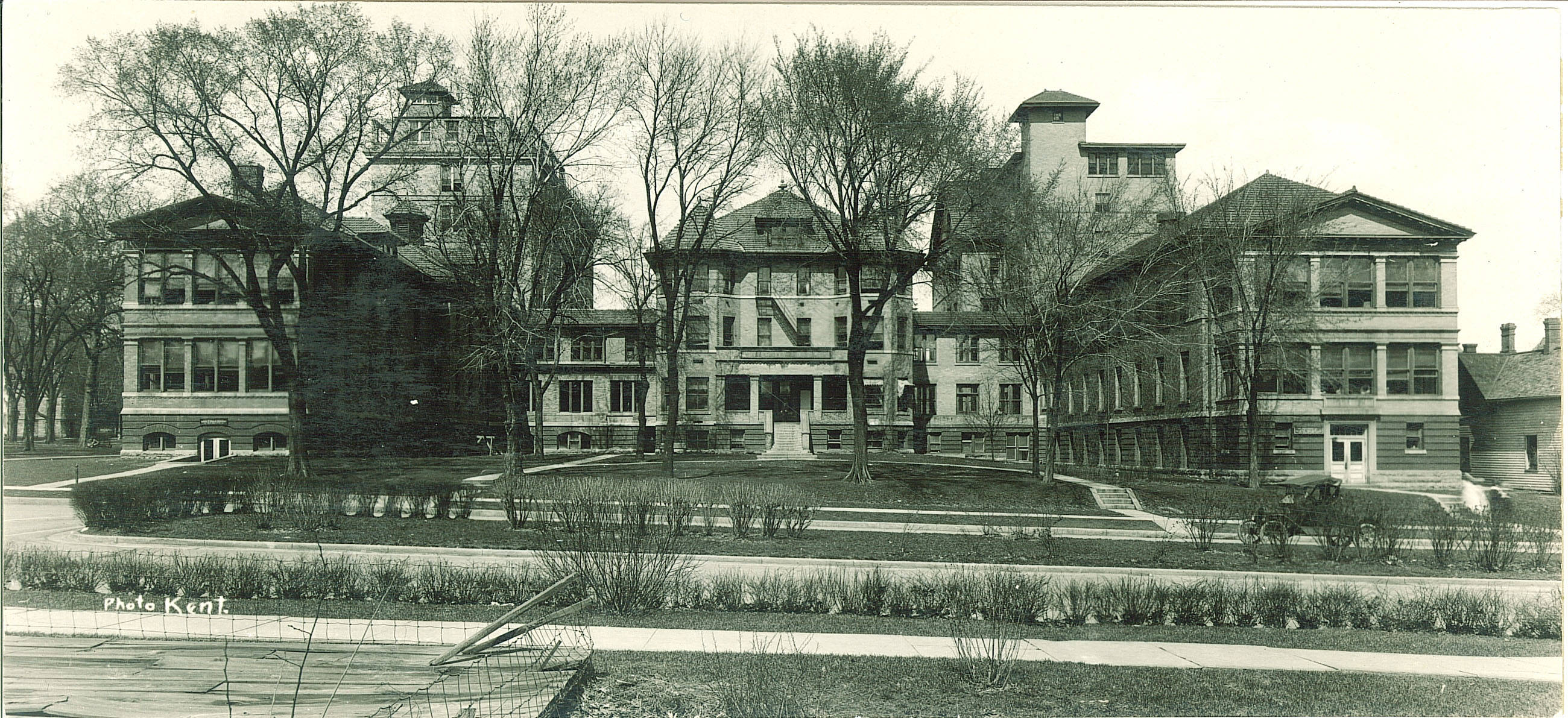
The Roy J. and Lucille A. Carver College of Medicine’s neurology department, founded in 1919, was one of the first academic departments of neurology in the country—and the first to be established west of the Mississippi River. It originally lived in the first university hospital (shown above), which is now known as Seashore Hall. Adolph Sahs, the second chair of the department, was one of the four founders of the American Academy of Neurology, the main professional society for neurology, in 1947.
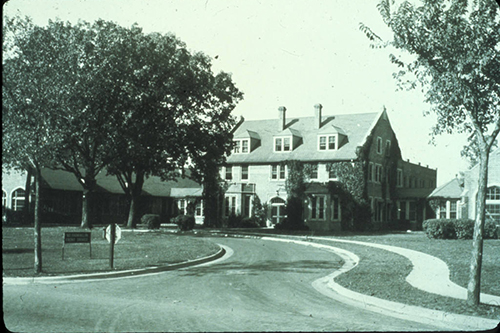
In 1919, the Iowa Legislature appropriated funds to build on the UI campus the Iowa Psychopathic Hospital, with a focus on patient care, education, and research. Now housed in UI Hospitals and Clinics, it is believed to have been the first university-affiliated psychiatric department west of the Mississippi.
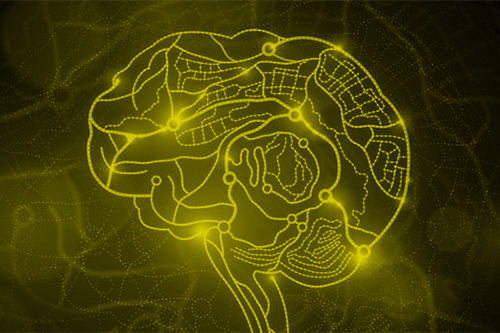
In the 1920s, the UI neurology department’s residency program was one of the first to be accredited. According to Archives of Neurology, in 2011 the program ranked in the top 20 for the number of trainees that went on to careers as faculty members in academic neurology departments, and the top 10 for number of citations of their publications.
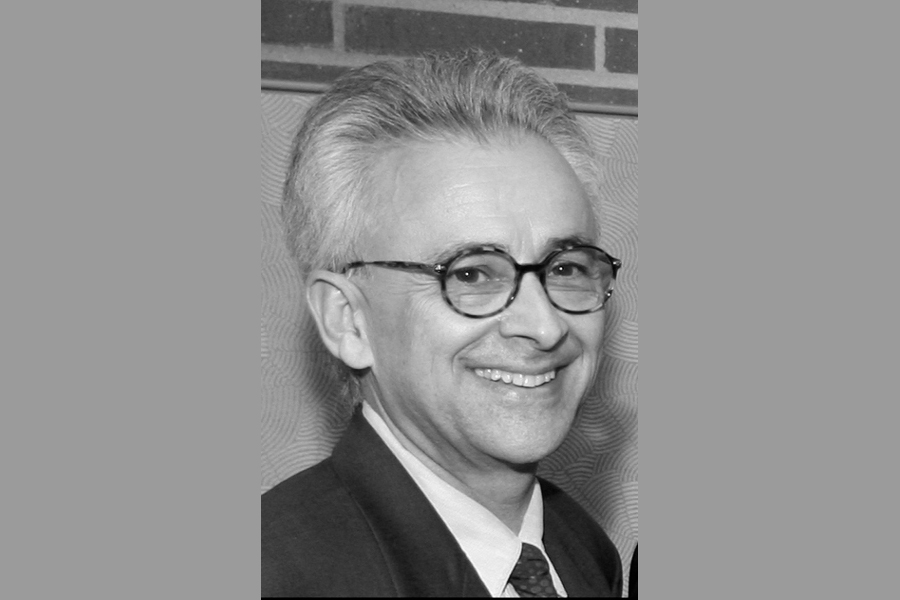
The growth of the UI neurology department during the 1970s and ’80s attracted researchers like internationally renowned Antonio Damasio, a neurobiologist who eventually became the department’s fourth chair and now is at the University of Southern California. His research led to a greater understanding of how the brain orchestrates higher-level cognitive functions such as language, memory, emotion, and decision-making, and helped explain how damage to particular brain regions affects these functions.
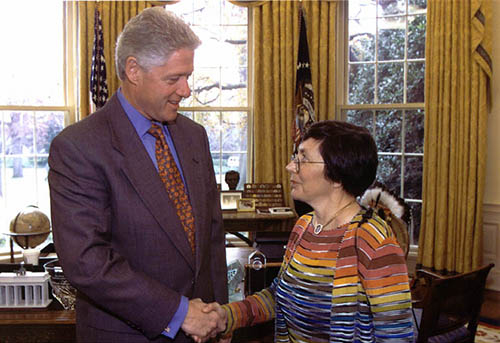
In the ’70s and ’80s, UI psychiatry researcher Nancy Andreasen pioneered the use of imaging technology to show brain abnormalities in schizophrenia, and in 2000, she was awarded the National Medal of Science, the highest U.S. award for scientific achievement. She continues to conduct research at the UI.
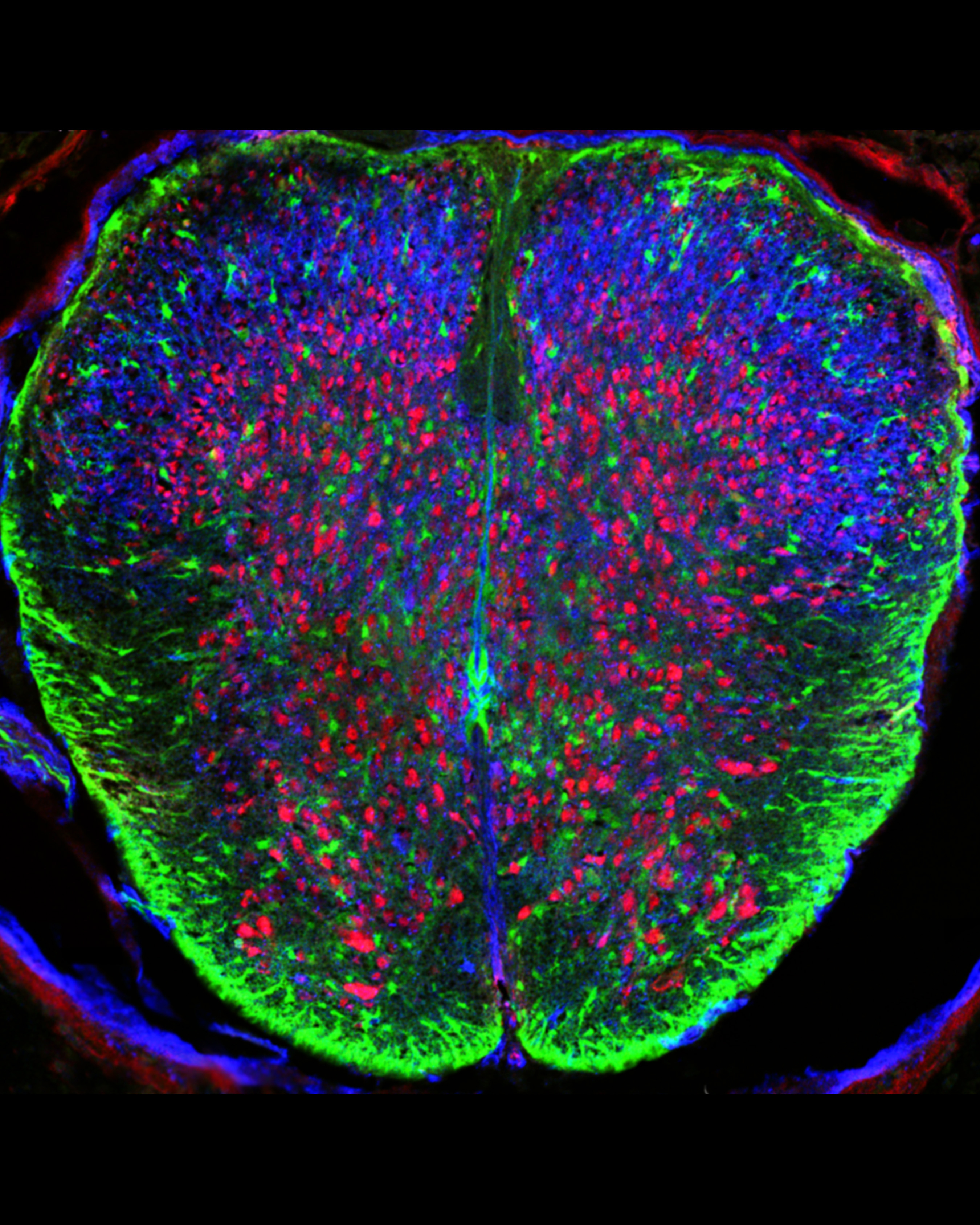
In 1982, Damasio co-founded the Iowa Neurological Patient Registry with his wife, Hanna Damasio, a fellow neuroscientist now also at USC, and Daniel Tranel, a graduate student at the time and now a UI faculty member and fellow of the American Association for the Advancement of Science (AAAS). The one-of-a-kind registry has collected brain scans of thousands of patients, along with medical histories and lesion maps, and has 500 active members available to participate in cognitive research studies.
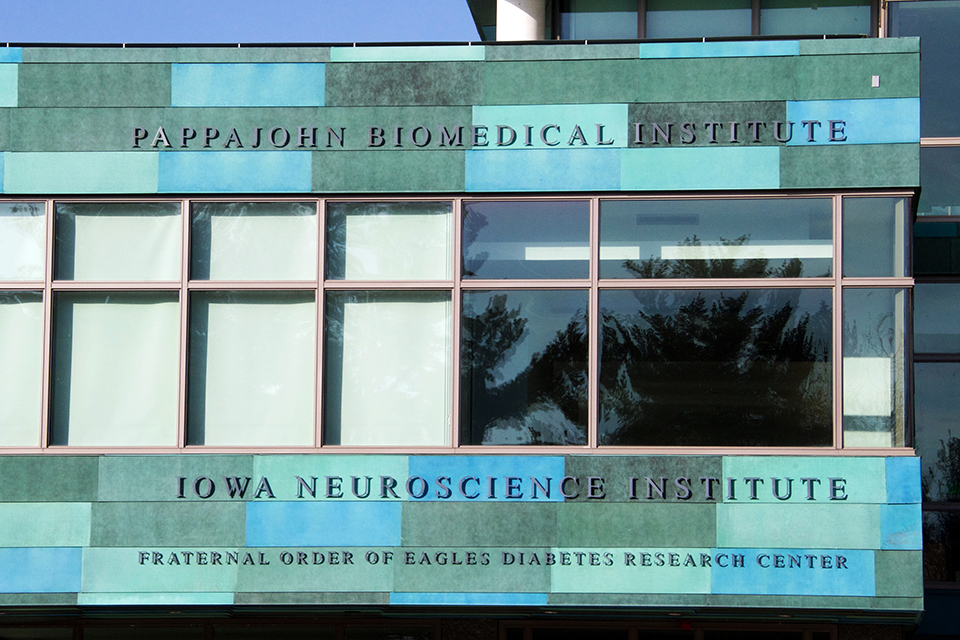
The Iowa Neuroscience Institute was established in 2016, thanks to a $45 million grant from the Roy J. Carver Charitable Trust and a commitment from leaders at UI Hospitals and Clinics and the Carver College of Medicine. Ted Abel, a renowned scientist and AAAS fellow, was hired to lead the institute, and he has begun assembling a multidisciplinary team of researchers from across the country. Researchers in the institute receive more than $50 million dollars in annual external funding.
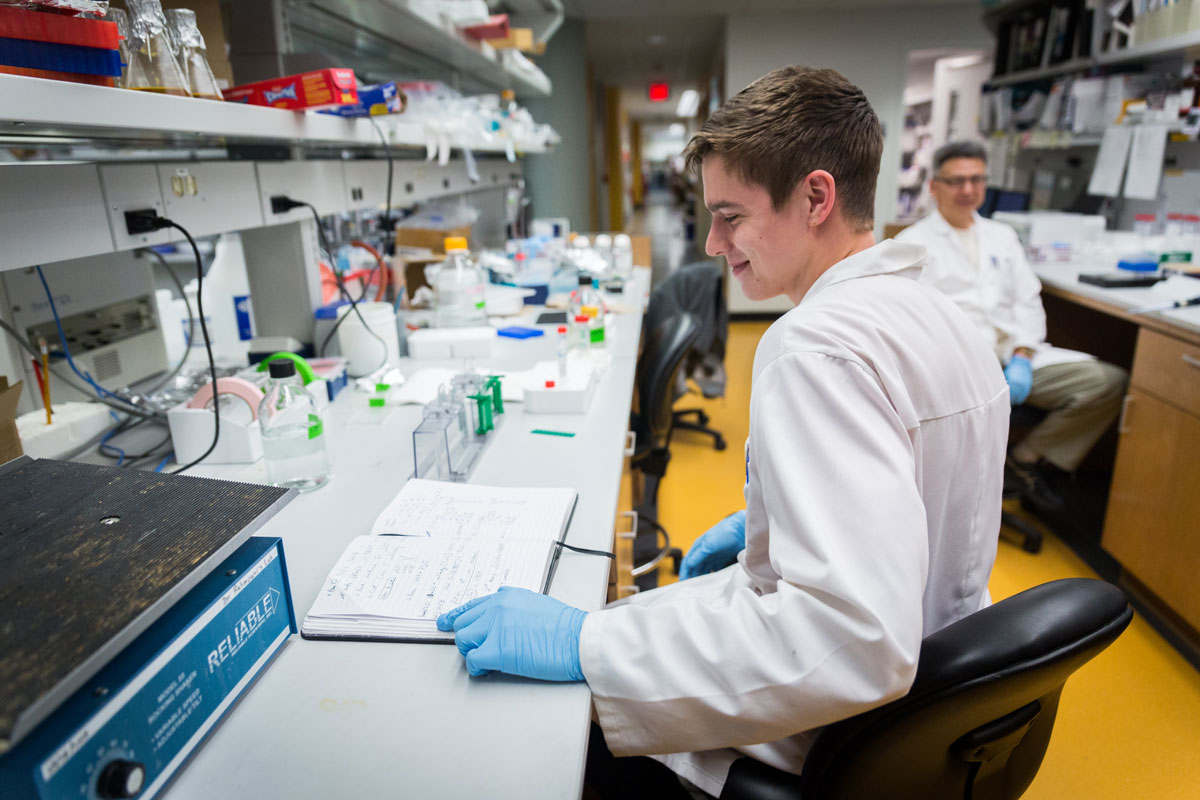
To complement the UI Graduate College’s interdisciplinary doctoral program in neuroscience, the UI College of Liberal Arts and Sciences began offering a Bachelor of Science in Neuroscience in the fall of 2017. The undergraduate program is administered jointly by the biology department and psychological and brain sciences department.
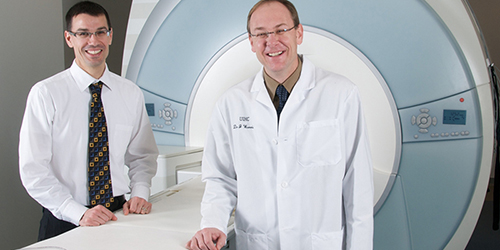
The Department of Psychiatry in the UI Carver College of Medicine is ranked No. 18 in NIH research funding, and faculty members have made particularly significant contributions in understanding psychiatric disorders, such as schizophrenia, and applying neuroimaging techniques to study the brain.
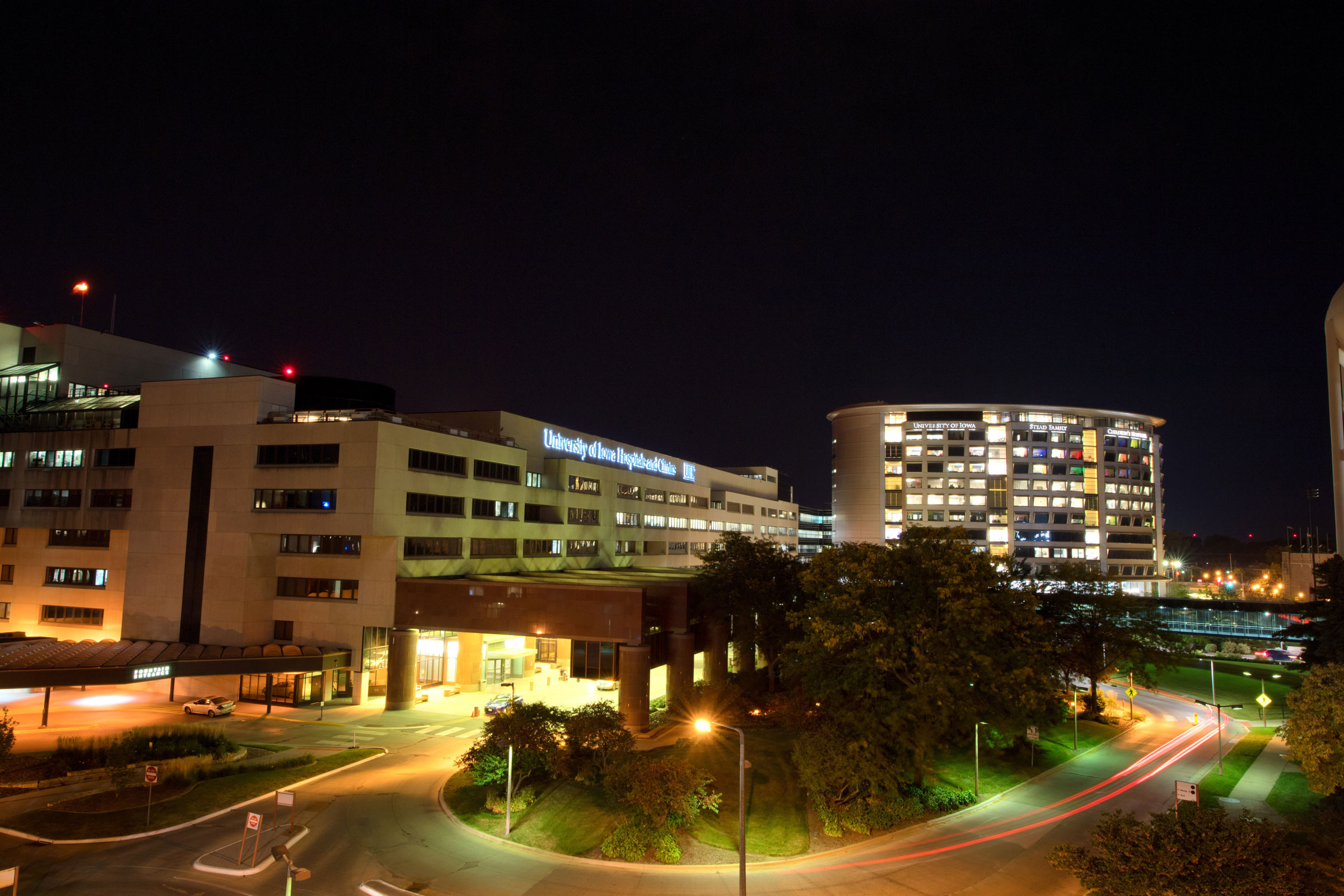
On the clinical side, UI Hospitals and Clinics has been ranked on the U.S. News & World Report “Best Hospitals” list for 27 consecutive years, and in 2017 was recognized by the annual publication as “high-performing” in neurology and neurosurgery.
